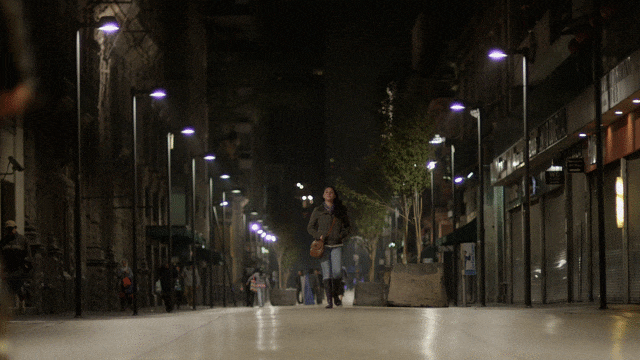About the Project
Natural History filmmaking presents many challenges. For example, filming in low light or using modalities such as infra-red can result in noisy, low-resolution images, or can suffer from poor contrast range and colours. Also, the camera sensor is normally operating with high ISO levels and hence has wide aperture and extremely shallow depth of field.
This project will enable production workflow to push the boundaries of what is possible in terms of new image acquisition and processing methods for telling stories of the natural world. The project will look at image-based approaches to understanding and explaining the natural world, for example by combining multiple imaging modalities such as visible and infra-red. It will investigate means of autofocus for low light content using spectral, spatial, or other image processing methods to control the focus action. Machine learning methods to estimate focus from blur after training will also be explored.
Launched in April 2021, MyWorld is a brand-new five-year programme, the flagship for the UK’s creative technology sector, and is part of a UK-wide exploration into devolved research and development funding (UKRI video). Led by the University of Bristol, MyWorld will position the South West as an international trailblazer in screen-based media. This £46m programme will bring together 30 partners from Bristol and Bath’s creative technologies sector and world-leading academic institutions, to create a unique cross-sector consortium. MyWorld will forge dynamic collaborations to progress technological innovation, deliver creative excellence, establish, and operate state of the art facilities, offer skills training and drive inward investment, raising the region’s profile on the global stage.
URL for further information: http://www.myworld-creates.com/
Candidate Requirements
Applicants must hold/achieve a minimum of a master’s degree (or international equivalent) in a relevant discipline. Applicants without a master’s qualification may be considered on an exceptional basis, provided they hold a first-class undergraduate degree. Please note, acceptance will also depend on evidence of readiness to pursue a research degree.
If English is not your first language, you need to meet this profile level:
Profile E
Further information about English language requirements and profile levels.
Basic skills and knowledge required
Essential: Excellent analytical skills and experimental acumen.
Desirable: A background understanding in one or more of the following:
- Image processing
- Artificial intelligence/Machine learning/Deep learning
- Computational Imaging / Computational Photography
Application Process
- All candidates should submit a full CV and covering letter to myworldrecruitment@myworld-creates.com (FAO: Professor David R. Bull).
- Formal applications for PhD are not essential at this stage, but can be submitted via the University of Bristol homepage (clearly marked as MyWorld funded): https://www.bristol.ac.uk/study/postgraduate/apply/
- A Selection Panel will be established to review all applications and to conduct interviews of short-listed candidates.
- This post remains open until filled.
For questions about eligibility and the application process please contact SCEEM Postgraduate Research Admissions sceem-pgr-admissions@bristol.ac.uk
Funding Notes
Stipend at the UKRI minimum stipend level (£16,062 p.a. in 2022/23) will also cover tuition fees at the UK student rate. Funding is subject to eligibility status and confirmation of award.
To be treated as a home student, candidates must meet one of these criteria:
- be a UK/EU national (meeting residency requirements)
- have settled status
- have pre-settled status (meeting residency requirements)
- have indefinite leave to remain or enter.


